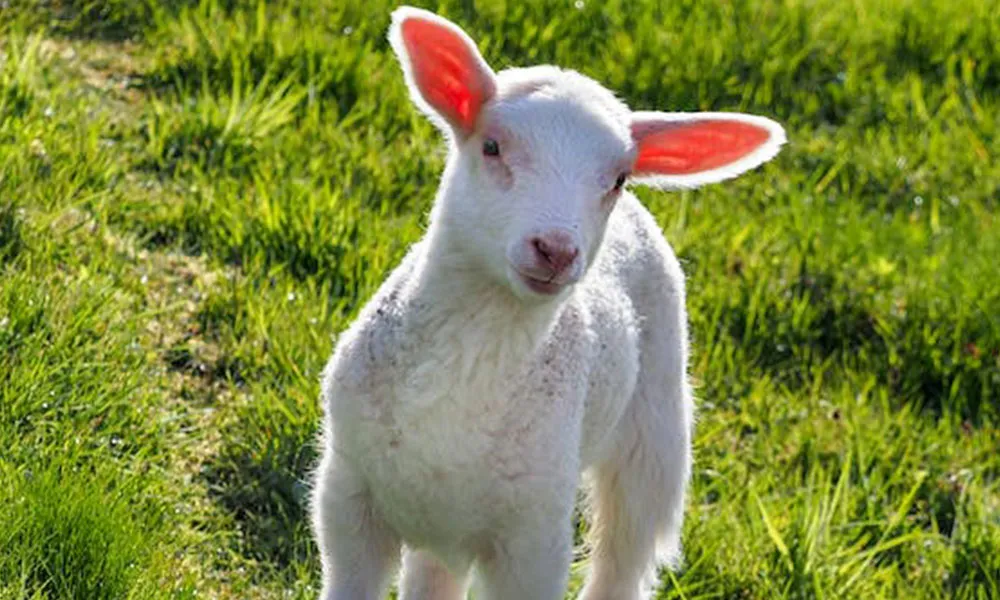A Change in Fortunes
There has been much talk this week about the sudden change in the weather. After an unprecedented spell of sunshine that lasted most of the month, usual service appears to have resumed. Torrential rain and thunderstorms hit many parts of the country over the last few days. This has led to severe flooding in places, as rainwater lies on ground that is too dry to absorb it.
Perfect Conditions for Worms
However, for sheep farmers the risk of flooding is only one concern among many. We must remember that the moist, warm conditions we are experiencing at present provide perfect conditions for parasitic worms to proliferate. Lambs are very vulnerable at the moment and need to be watched carefully for signs of worm infestation. Farmers should monitor their flock's faecal egg count (FEC), which can be expected to rise dramatically as weather conditions continue to deteriorate.
Symptoms of Worm Infestation
When worms infect their host, the larvae invade the intestine wall. Lambs suffering from worms will be identifiable by a number of symptoms, including dehydration, diarrhoea and an inability to grow or gain weight. Often, infected lambs will gather around the water troughs, as they are too thirsty to graze effectively. Disease is most common in late spring and early summer, but weather conditions have some bearing on this. Worms do not tend to proliferate during dry weather, and tend to thrive during mild, wet weather when larvae are spread more easily via dung.
Preventing Worm Infestation in Lambs
Sometimes, it is impossible to prevent an outbreak of worms. However, as a general rule it is a good idea to keep lambs off pasture that was grazed by lambs or calves during the previous year. Grass on such pasture is more likely to be infested with larvae.
Treating Worms
If lambs have not been treated since birth, or if they are showing symptoms of worm infestation, it is crucial that you treat immediately using the wormer most appropriate for your animals. Generally, the white drenches (Benzimidazoles) are the wormer of choice for treating worms in lambs. Among the most effective of these are
Albex,
Tramazole and Fasinex Sheep. However, there are a wide range of products available to treat worms and it is always important to read the manufacturer's guidelines to make sure that a product is suitable for your animal and your farm.
Anthelmintic Resistance
Studies have shown that parasitic worms are developing a resistance to conventional treatments. For this reason, it is essential that animals are not overtreated, and that treatment is only administered to animals who need it.


